- Home
- slideshows
- miscellaneous
- Real-life characters in HBO's 'Chernobyl' on the moment they found out about the world's worst nuclear power plant accident
Real-life characters in HBO's 'Chernobyl' on the moment they found out about the world's worst nuclear power plant accident
Chernobyl's chief scientific investigator said the disaster took place on a "beautiful" Saturday.

Legasov said the news was delivered calmly.
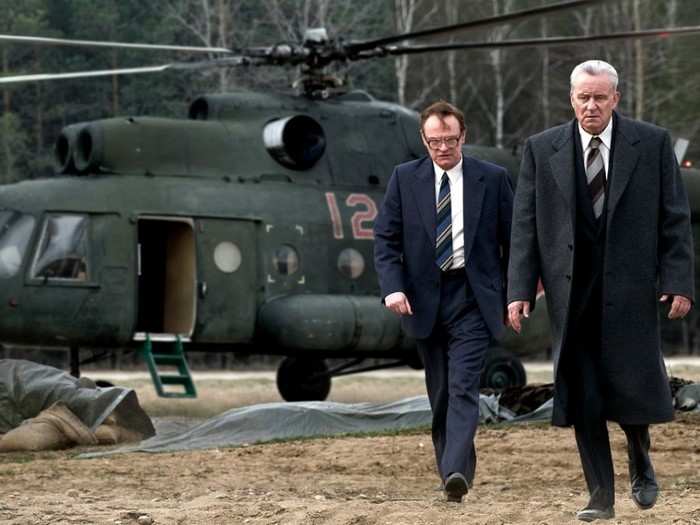
Legasov said Ermakov reported about the accident "calmly, though with disappointment," and continued to praise the nuclear power industry.
After the briefing, Legasov learned that he had been appointed to a government commission. He was told to report to Vnukovo International Airport by four o'clock for his flight to Chernobyl.
Former Soviet leader Mikhail Gorbachev was reportedly woken up by a phone call.
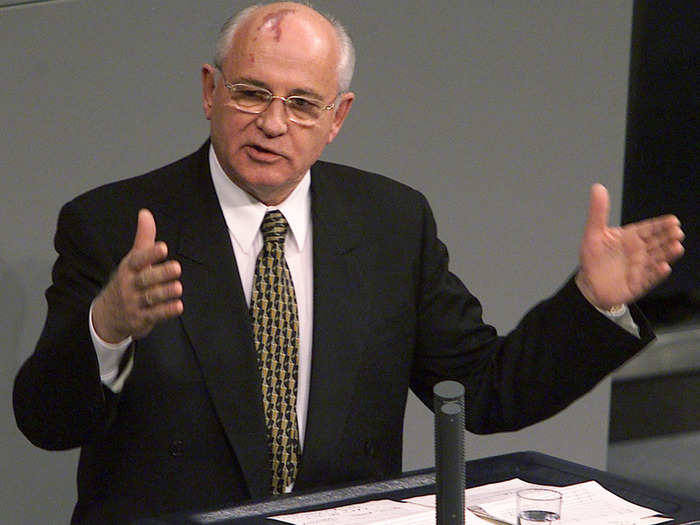
The Soviet Union's eighth and final leader, Mikhail Gorbachev, learned of the disaster via a phone call at around 5 a.m.
Though historical accounts say he was woken out of his sleep, Gorbachev reportedly didn't feel the need to awaken others for an emergency meeting. Instead, he gave the go-ahead for a government commission led by Boris Shcherbina.
Gorbachev said he didn't initially understand the scope of the accident.
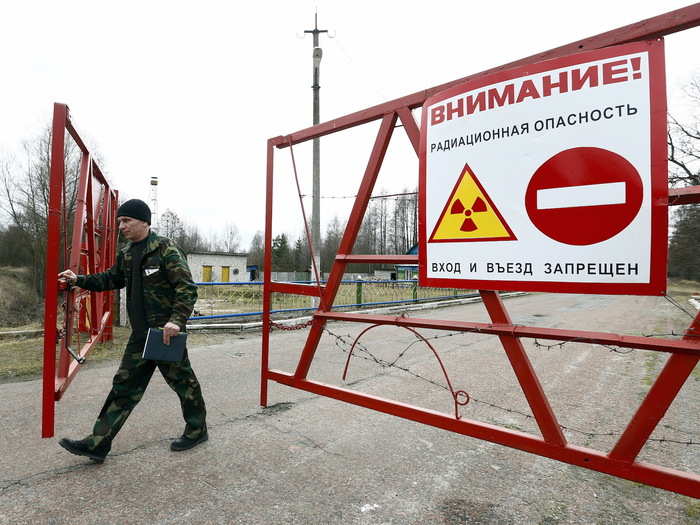
"In the first hours and even the first day after the accident there was no understanding that the reactor had exploded and that there had been a huge nuclear emission into the atmosphere," Gorbachev is cited as saying in the book "Chernobyl: The History of a Nuclear Catastrophe."
Lyudmilla Ignatenko learned of the disaster when her husband, a firefighter, was called to the power plant.
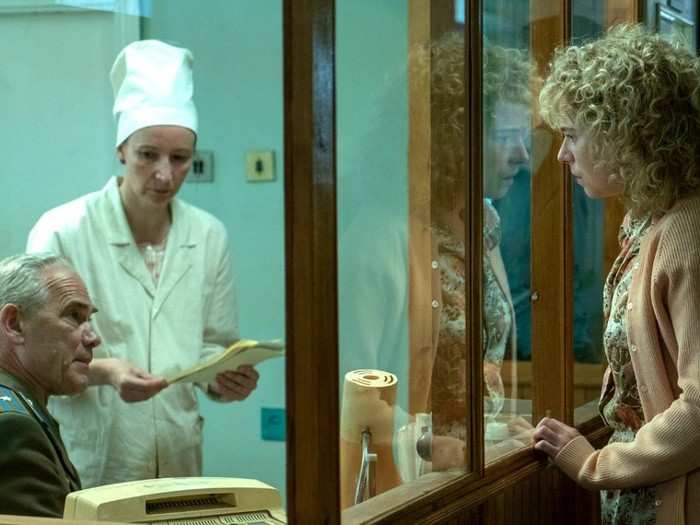
One of the major threads in the series is the story of Lyudmilla Ignatenko, a pregnant woman whose firefighter husband, Vasily, was called to the power plant at about 1:30 a.m. At the time, the Ignatenkos were living with three other young couples at the fire station where Vasily worked.
Lyudmilla gives her account in the 2006 book "Voices from Chernobyl": "One night I heard a noise. I looked out the window. He saw me. 'Close the window and go back to sleep. There's a fire at the reactor. I'll be back soon.'"
Lyudmilla said the flames were "radiant."
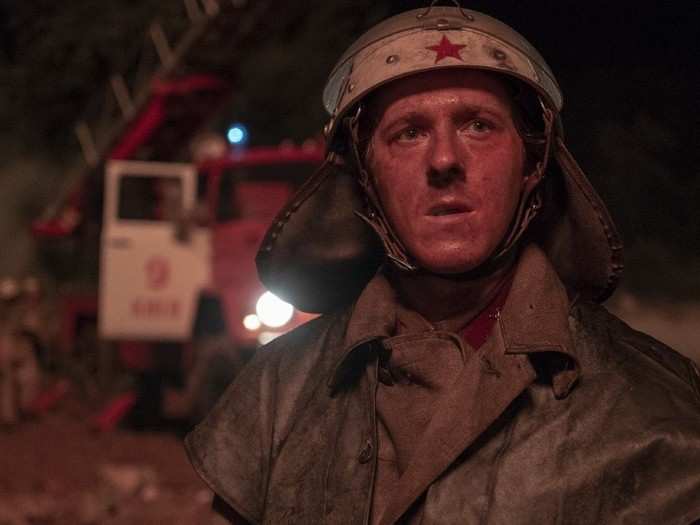
Lyudmilla's account continues:
"I didn't see the explosion itself. Just the flames. Everything was radiant. The whole sky. A tall flame. And smoke. The heat was awful. And he's still not back. The smoke was from the burning bitumen, which had covered the roof. He said later it was like walking on tar.
They tried to beat down the flames. They kicked at the burning graphite with their feet ... They weren't wearing their canvas gear. They went off just as they were, in their shirt sleeves. No one told them."
Chernobyl's liquidators, soldiers, and police officers weren't told where they were going until they got to the train station.
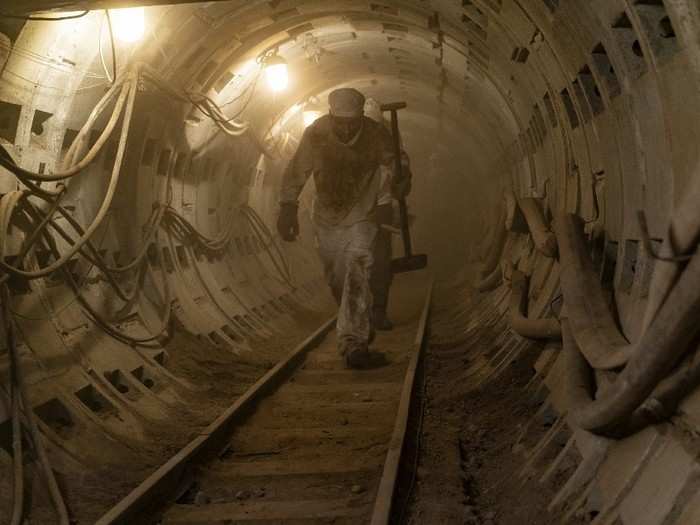
"Voices from Chernobyl" includes a section from a group of liquidators, soldiers, and police officers and who were tasked with cleaning up the disaster zone. While the liquidators were asked to contain the fire and bury radioactive material, Soviet squads were ordered to shoot stray animals near the reactor site.
"Our regiment was given the alarm. It was only when we got to the Belorusskaya train station in Moscow that they told us where we were going," one of the emergency responders recalled in the book.
One emergency responder said the disaster was "scary but also exiting."
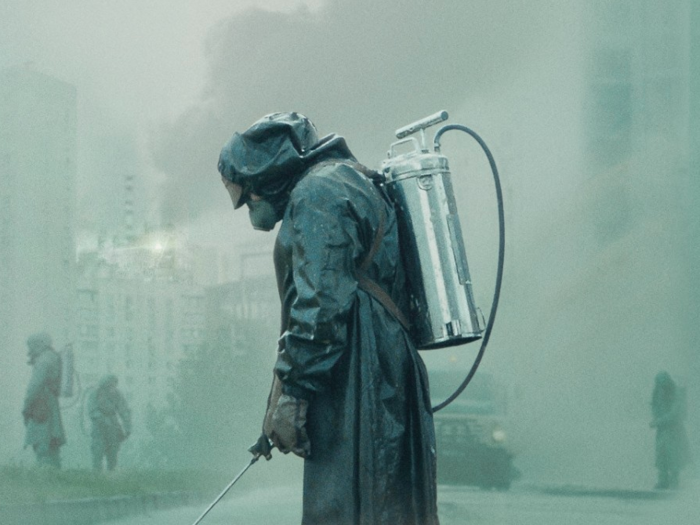
The responder continued:
"One guy, I think he was from Leningrad, began to protest. They told him they'd drag him before a military tribunal. The commander said exactly that before the troops: 'You'll go to jail or be shot.' I felt the complete opposite of that guy. I wanted to do something heroic. Maybe it was kid's stuff. But there were others like me. We had guys from all over the Soviet Union. Russians, Ukrainians, Kazakhs, Armenians … It was scary but also exiting, for some reason."
A mechanical engineer, Alexander Yuvchenko, was in his office when the core opened.
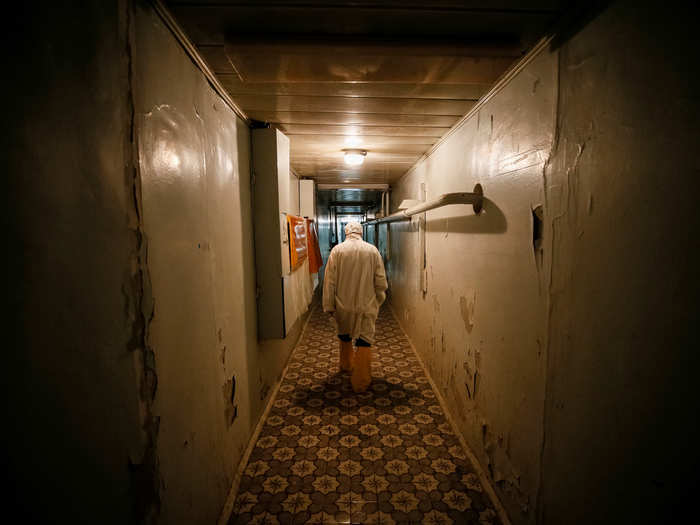
The final minutes of the series show Alexander Yuvchenko, a mechanical engineer, sitting in his office before the explosion. The real-life Yuvchenko recalled that morning to New Scientist:
"The first thing I heard wasn't an explosion, it was a thud, a shaking. Then two or three seconds later came the explosion. The doors of my office were blown out. It was like when an old building is demolished, with clouds of dust, but combined with lots of steam. ... Our first thought was to find somewhere we could safely hide. We headed towards the transport corridor, where there was a small passage with a low ceiling. We were standing there and everything was falling around us."
"It was very beautiful," Yuvchenko said of the ionized air.
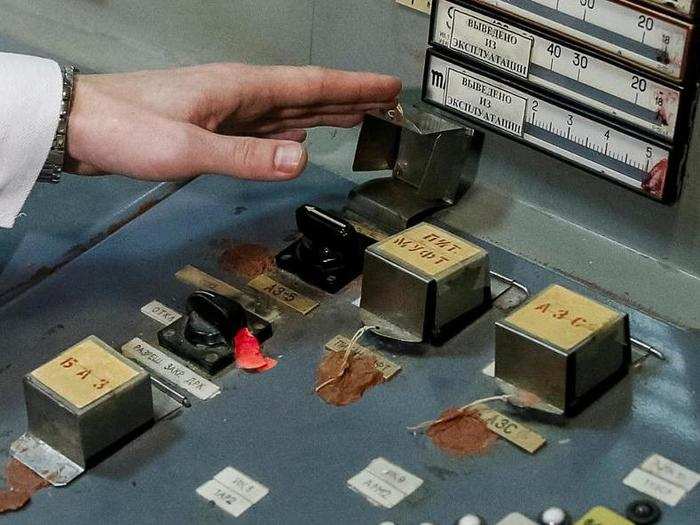
Yuvchenko then went outside to get a clearer picture of what was happening. There, he saw "a huge beam of projected light flooding up into infinity."
"It was light-bluish," he said, "and it was very beautiful."
Back inside, he propped open a door for three workers who had been ordered to lower the control rods in the reactor hall.
"All three of them died very soon afterwards," Yuvchenko told New Scientist. "That wall and the door basically saved my life."
Radiation monitor Nikolai Gorbachenko likened the explosion to "a horror film."
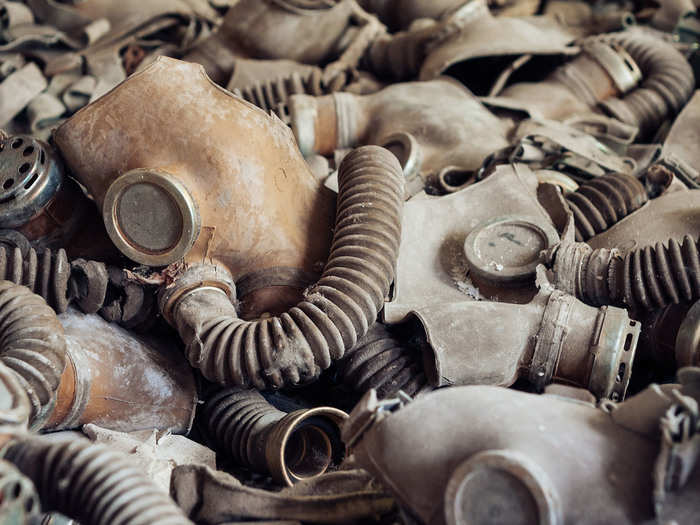
One of the show's peripheral characters, Nikolai Gorbachenko, was a radiation monitor at the plant. In an interview with the Bulletin of the Atomic Scientists, Gorbachenko described the moments before and after the explosion:
"My shift began at midnight on April 26. I had to take measurements in the reactor rooms of Units 3 and 4, and check the data units. ... I returned to my duty room to have some tea. Then we heard a flat and powerful thud. .... Just as in a horror film, the blast blew out the double doors that had been latched. Black-red dust started coming out of the ventilation vent. In a few seconds the emergency lights went on. We put on our gas masks."
He survived the incident, but the colleague he tried to rescue died.
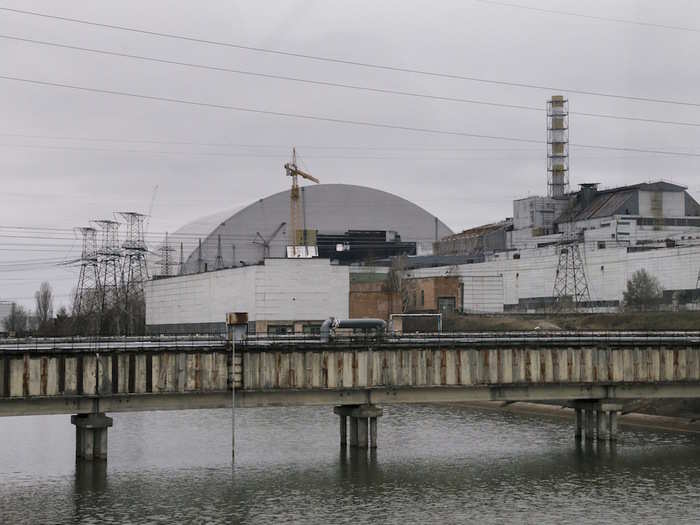
After carrying the unconscious body of his colleague outside the power plant, Gorbachenko began to feel sick:
"I started to feel terribly weak and nauseated. I was taken to the hospital. A friend of mine, who worked in the emergency room, saw me in the waiting room. He took me aside, gave me 500 grams of pure alcohol, and told me to drink that. I drank it and washed it down with water. Then I called my wife and told her I was O.K."
Popular Right Now
Popular Keywords
Advertisement